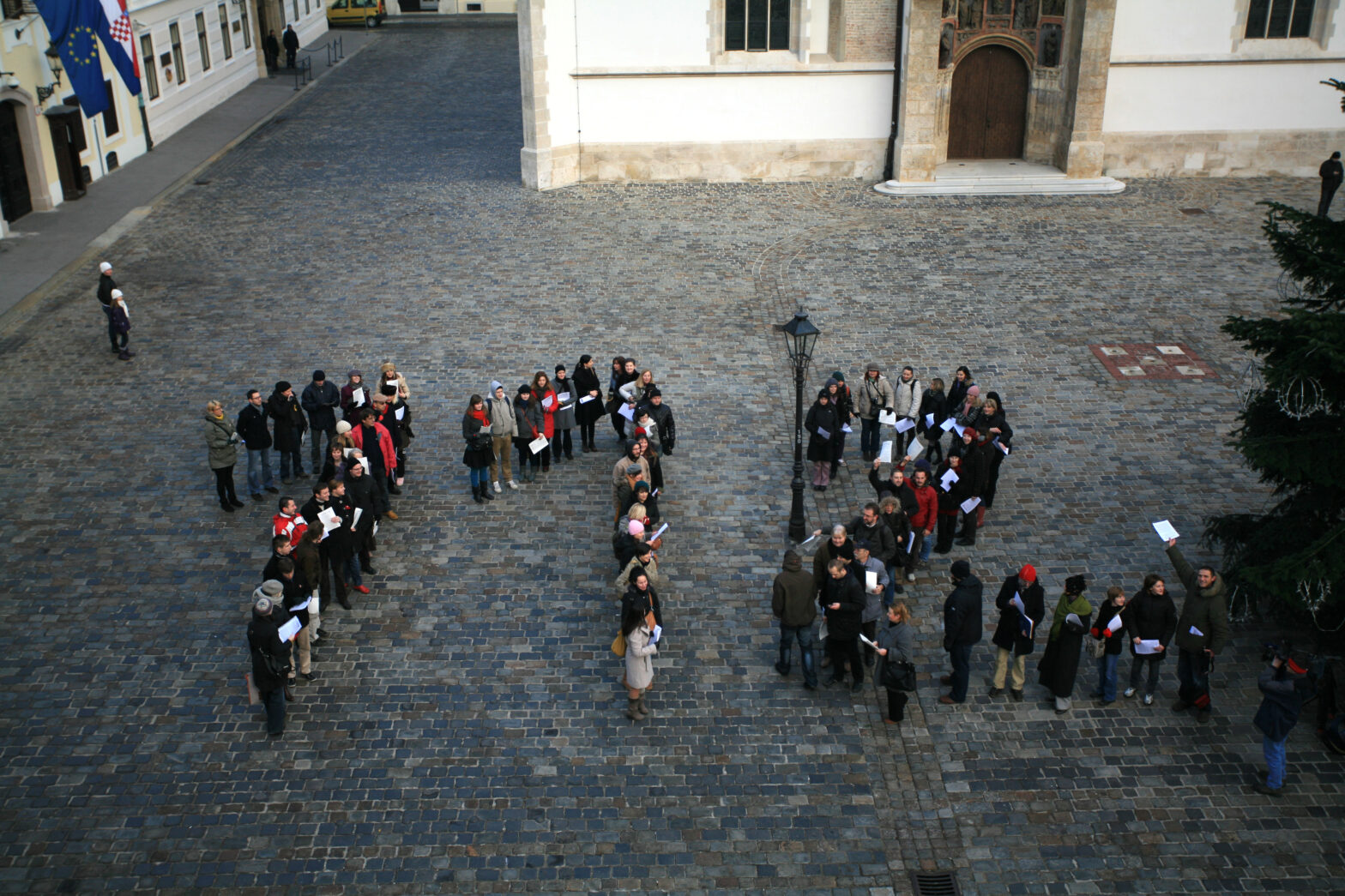The U.S. Agency for International Development (USAID) released the 15th edition of its Non-Governmental Sustainability Index (NGOSI) – now called the Civil Society Organization Sustainability Index (CSOSI) in recognition of the broad range of nonprofit civil society organizations (CSO) active in the region. This year’s edition covers civil society developments during calendar year 2011. The Index has tracked the progress of the CSO sector in twenty-nine countries over the past fifteen years. It examines the overall enabling environment for civil society, focusing on the legal environment, organizational capacity, financial viability, advocacy, service provision, infrastructure, and public image.
The U.S. Agency for International Development (USAID) released the15th edition of its Non-Governmental Sustainability Index (NGOSI) – now called the Civil Society Organization Sustainability Index (CSOSI) in recognition of the broad range of nonprofit civil society organizations (CSO) active in the region. This year’s edition covers civil society developments during calendar year 2011. The Index has tracked the progress of the CSO sector in twenty-nine countries over the past fifteen years. It examines the overall enabling environment for civil society, focusing on the legal environment, organizational capacity, financial viability, advocacy, service provision, infrastructure, and public image.
Changes in CSO sector sustainability in 2011 reflected the overall negative economic situation across the world. CSO capabilities were also significantly influenced by political developments, both domestic and international. On the domestic front, many countries held national elections in 2011 that shaped the environment in which CSOs operate. At the same time, CSOs themselves often play an important role in the election process, by pushing candidates to address issues important to their constituents, educating voters, and observing the elections. Internationally, the EU continues to be a major player throughout the region, with accession negotiations in the Southern Tier often opening up possibilities for CSO input into the policy process. Whether responding to floods in Azerbaijan, providing legal aid and promoting women’s economic empowerment in Bosnia, addressing health concerns in Tajikistan, or ensuring disability rights and protections in Russia, CSOs across Europe and Eurasia are actively responding to the challenges their countries face.
At the launch event for the latest edition of the CSOSI, USAID Assistant Administrator for Europe & Eurasia Paige Alexander celebrated the milestone achievement of publishing such a valuable analytical research tool for fifteen years. The CSOSI has been transformed dramatically since its inception – it has expanded from covering 21 countries in the Europe and Eurasia Region, to covering over 60 countries in different regions around the world. GONG is pleased to partner with USAID to produce the CSOSI for Croatia.
The full report can be found at: http://transition.usaid.gov/locations/europe_eurasia/dem_gov/ngoindex/.
For more information about USAID’s programs, please visit: www.usaid.gov/.
Audio recording (on Croatian) of the presentation you can hear here.
